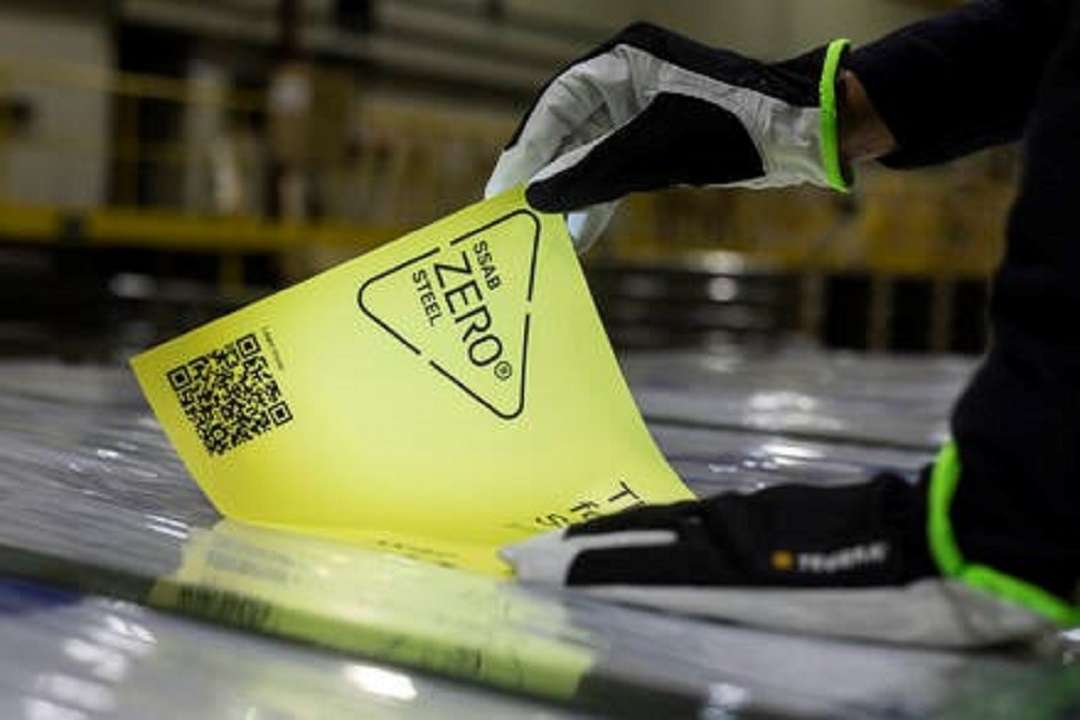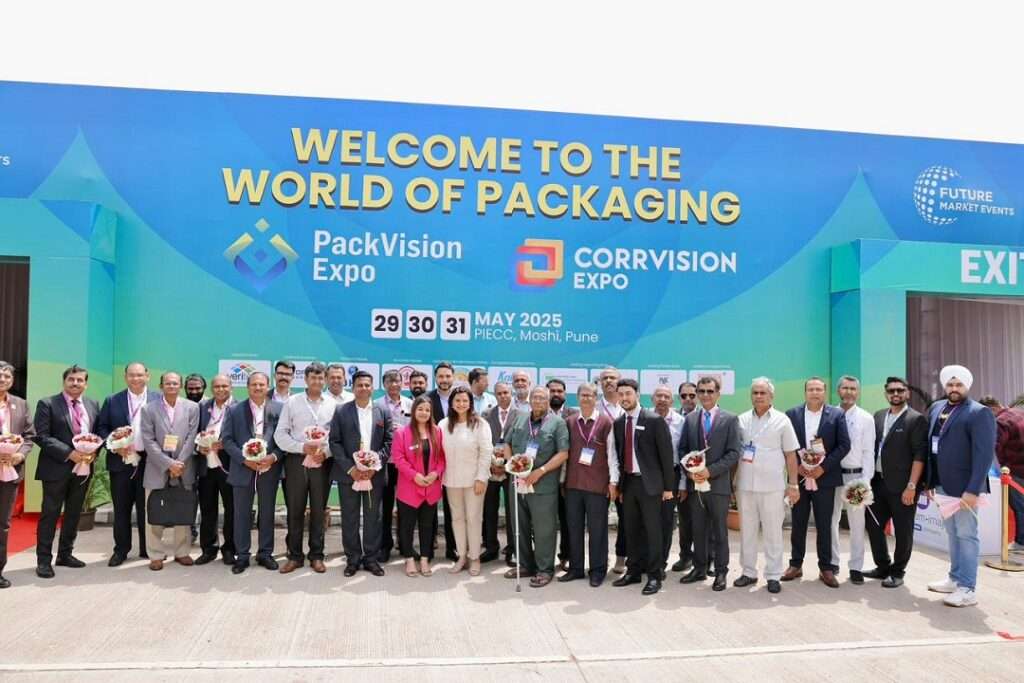Volvo Cars has signed a new agreement with SSAB, a Swedish steel company, to source high-quality, recycled steel with near-zero emissions starting in 2025. With this agreement, Volvo becomes the first automaker to secure a supply of recycled, low-emissions steel for use in serial production.
This partnership builds on the companies’ long-standing collaboration, aiming to lead the way in adopting more sustainable steel production methods. In addition to purchasing recycled steel, Volvo Cars is also taking steps to reduce waste by selling scrap steel, promoting a closed-loop system to maximize the lifespan and value of materials.
Francesca Gamboni, Volvo Cars’ Chief Supply Chain and Manufacturing Officer, explained, “Steel production accounts for around 25% of material-related CO₂ emissions in our vehicles. Reducing emissions from steel production is crucial to reaching our net-zero emissions goal by 2040.”
The recycled steel will be used in key components of the upcoming, fully electric EX60 SUV, as well as other vehicles built on the next-generation SPA3 platform. This steel meets the same stringent safety standards as primary steel, ensuring it doesn’t compromise vehicle strength or durability.
SSAB’s closed-loop system recycles scrap steel, significantly cutting CO₂ emissions and reducing reliance on raw materials. Compared to traditional steel production in Europe, SSAB’s recycled steel generates nearly zero CO₂ emissions and contains nearly 100% recycled content.
“Steel is vital for the safety and durability of our vehicles, but it’s also a major source of carbon emissions,” Ms Gamboni added. “This agreement marks a significant step in reducing our environmental impact and promoting the use of recycled materials within our supply network.”
Volvo Cars is committed to becoming fully electric and achieving net-zero greenhouse gas emissions by 2040. By 2030, the company aims to reduce CO₂ emissions per car by 65-75% compared to 2018 levels, focusing on reducing emissions across the entire value chain.
The partnership with SSAB aligns with Volvo’s goals for circularity, with a target of using 30% recycled content across its fleet by 2030. For new models launched from 2030 onward, Volvo aims to include at least 35% recycled or bio-based content. In 2024, Volvo Car Group achieved a record core operating profit of SEK 27 billion. Revenue reached SEK 400.2 billion, with global sales of 763,389 cars, setting a new high for the company.
Founded in 1927, Volvo Cars is one of the world’s most recognized car brands, selling vehicles in more than 100 countries. Listed on the Nasdaq Stockholm exchange under the ticker “VOLCAR B,” the company is committed to reducing its carbon footprint and becoming a fully electric car manufacturer.
As of December 2024, Volvo Cars employed approximately 42,600 people. The company’s headquarters, along with product development and administrative functions, are located in Gothenburg, Sweden. Volvo Cars also has production facilities in Gothenburg, Ghent (Belgium), South Carolina (U.S.), and various locations in China, as well as R&D centers in Gothenburg and Shanghai.








